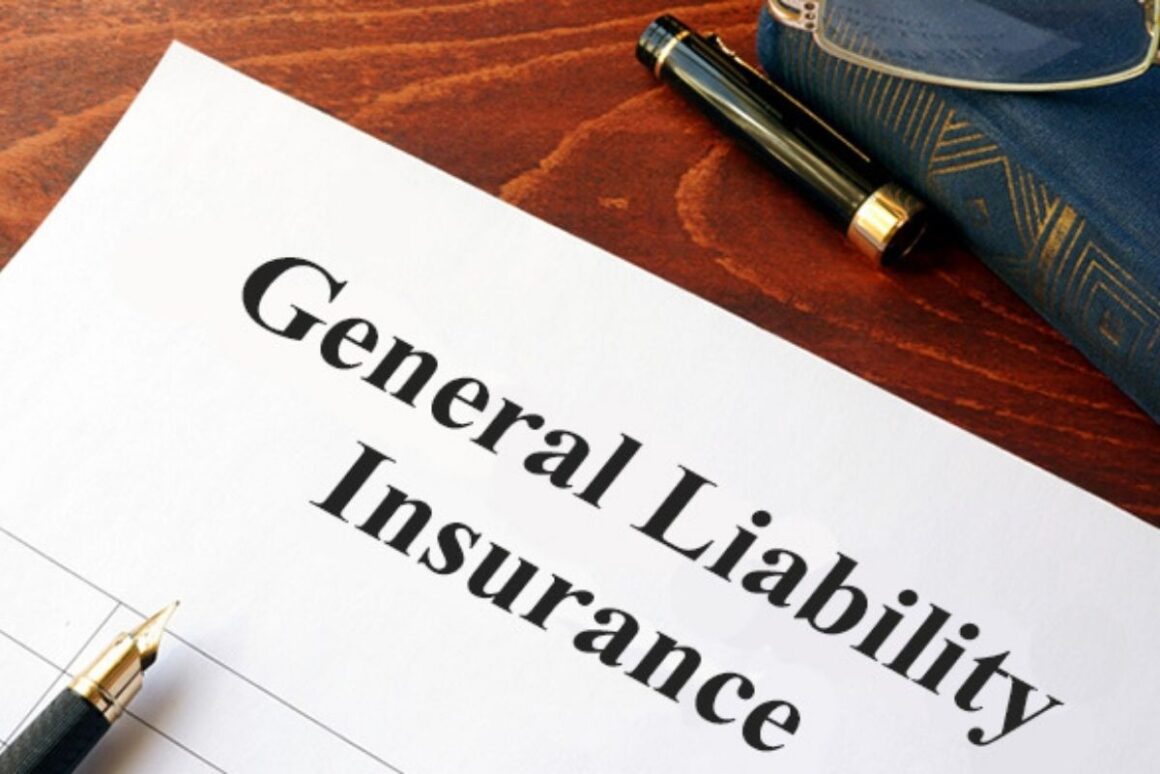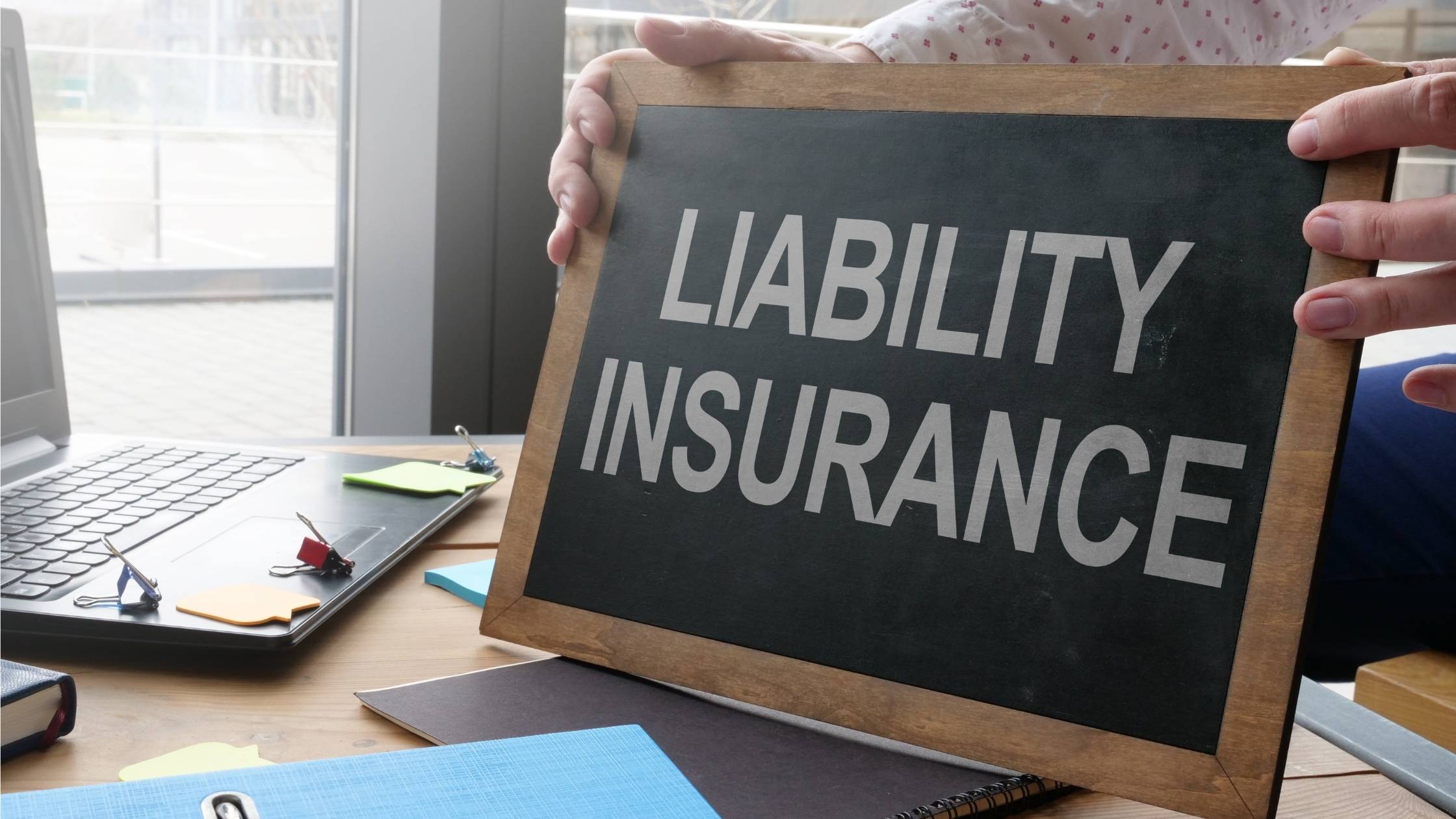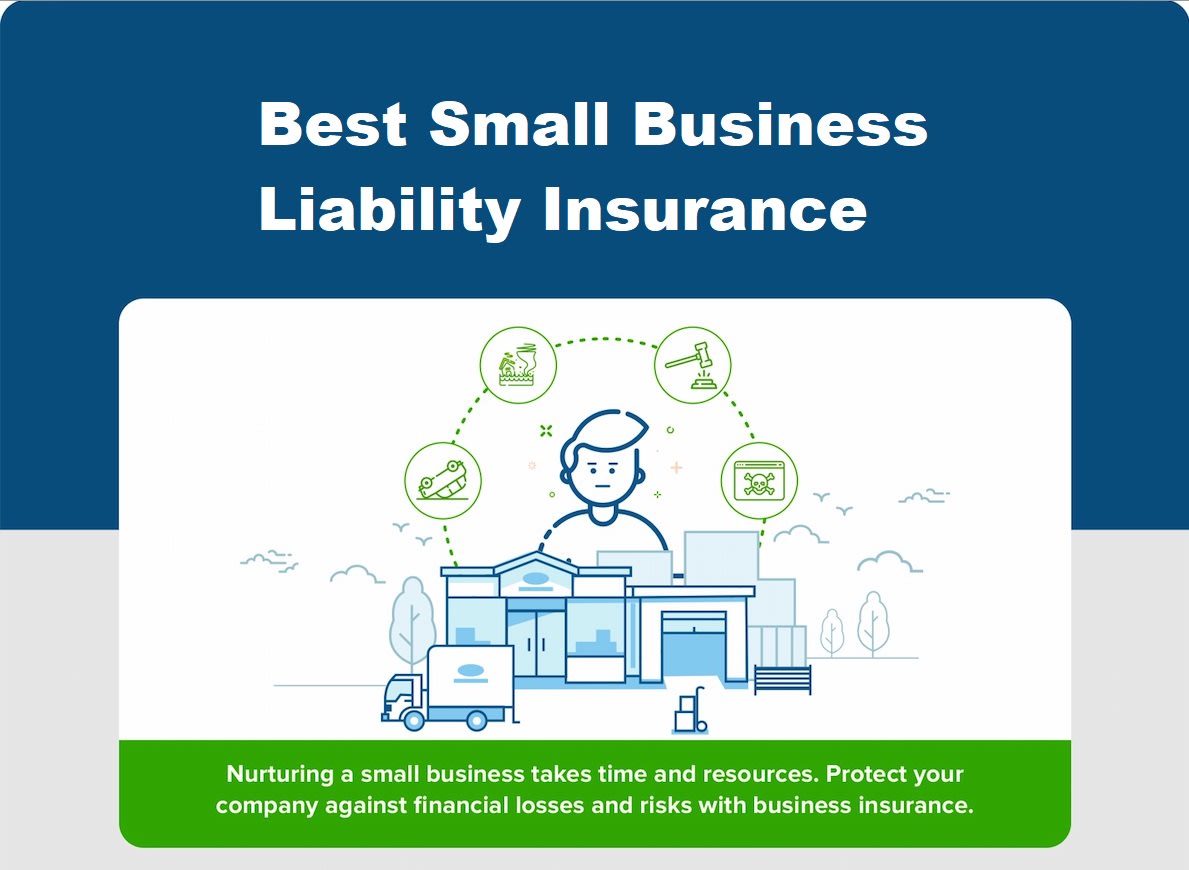Comprehensive general liability insurance for small business sets the stage for this enthralling narrative, offering readers a glimpse into a story that is rich in detail with formal and friendly language style and brimming with originality from the outset.
Understanding the coverage, costs, and finding the right provider are essential components in safeguarding your small business against unforeseen risks.
Understanding Comprehensive General Liability Insurance: Comprehensive General Liability Insurance For Small Business

Comprehensive General Liability Insurance is a type of coverage that helps protect small businesses from financial losses due to bodily injury, property damage, personal injury, and advertising injury claims. It provides coverage for legal costs and settlements in the event that a business is sued for covered claims.
Coverage Provided by Comprehensive General Liability Insurance
- Property Damage: Covers damage to someone else’s property caused by your business operations.
- Bodily Injury: Provides coverage for injuries sustained by others on your business premises or as a result of your business operations.
- Personal Injury: Protects against claims of slander, libel, or violation of privacy rights.
- Advertising Injury: Covers claims of false advertising, copyright infringement, or similar issues related to advertising.
Importance of Comprehensive General Liability Insurance
Having Comprehensive General Liability Insurance is crucial for small businesses as it helps protect them from potential financial ruin in the event of a lawsuit. Without this coverage, a single lawsuit could bankrupt a small business.
Scenarios Where Comprehensive General Liability Insurance is Beneficial, Comprehensive general liability insurance for small business
- If a customer slips and falls in your store and sues for medical expenses and lost wages.
- If your product causes harm to a customer and they file a lawsuit for damages.
- If a competitor accuses your business of false advertising and takes legal action against you.
- If a visitor to your office is injured due to a hazard on your premises and files a lawsuit for compensation.
Coverage Limits and Options

When it comes to comprehensive general liability insurance for small businesses, there are various coverage limits and options to consider. These determine the extent of protection your business will have in case of unforeseen incidents.
Coverage Limits
Insurance providers offer different coverage limits for comprehensive general liability insurance. These limits typically range from $1 million to $5 million or more. It is crucial for small businesses to assess their specific needs and risks to determine the appropriate coverage limit.
Options for Small Businesses
- Occurrence-based Coverage: This type of coverage protects your business for incidents that occur during the policy period, regardless of when the claim is filed.
- Claims-made Coverage: This coverage protects your business for claims made during the policy period, regardless of when the incident occurred. It is important to note that claims-made policies may require additional coverage for incidents that happened before the policy was in effect.
- Additional Coverage: Small businesses can also opt for additional coverage options such as product liability insurance, cyber liability insurance, and professional liability insurance to further protect their operations.
Incidents Covered
Comprehensive general liability insurance typically covers incidents such as bodily injury, property damage, advertising injury, and legal fees associated with claims against your business. It provides financial protection in case your business is sued for negligence or other covered claims.
Cost Factors and Considerations

When it comes to comprehensive general liability insurance for small businesses, understanding the cost factors and considerations is crucial. Here, we will identify the key factors influencing the cost, explain how small businesses can determine appropriate coverage within their budget, and share tips on reducing insurance costs without sacrificing coverage.
Factors Influencing Cost
- Business Size: Larger businesses with more employees and greater revenue may face higher premiums due to increased risk exposure.
- Industry Risk: Certain industries, such as construction or healthcare, are considered high-risk and may lead to higher insurance costs.
- Location: The geographic location of your business can impact insurance costs, especially in areas prone to natural disasters or high crime rates.
- Claims History: A history of previous claims can result in higher premiums as insurers view your business as a higher risk.
- Coverage Limits: Higher coverage limits typically mean higher premiums, so it’s essential to balance coverage needs with budget constraints.
Determining Appropriate Coverage
- Assess Risk Exposure: Evaluate your business operations and potential risks to determine the level of coverage needed.
- Consult with an Agent: An insurance agent can help you understand your options and tailor coverage to suit your specific needs and budget.
- Review Budget: Consider your financial resources and choose coverage that provides adequate protection without straining your finances.
Tips to Reduce Insurance Costs
- Bundle Policies: Combining multiple insurance policies with the same provider can result in discounts and lower overall costs.
- Implement Safety Measures: Investing in safety training programs and risk management practices can help reduce the likelihood of accidents and lower insurance premiums.
- Shop Around: Compare quotes from different insurers to find the best coverage at competitive rates that fit your budget.
- Review and Adjust Coverage: Regularly review your insurance needs and adjust coverage limits as your business grows or changes to avoid overpaying for unnecessary coverage.
Finding the Right Insurance Provider
Finding the right insurance provider is crucial for small businesses to ensure they have the necessary coverage and support in case of any liabilities. Here is a guide on how small businesses can research and select a reputable insurance provider.
Researching and Selecting a Reputable Insurance Provider
When researching insurance providers, small businesses should consider the following factors:
- Financial Stability: Check the financial stability of the insurance company to ensure they can fulfill their obligations in the long run.
- Reputation: Look for reviews and ratings from other small businesses to gauge the reputation of the insurance provider.
- Experience: Choose an insurance provider that has experience working with small businesses in your industry.
- Customer Service: Evaluate the customer service provided by the insurance company to ensure you will receive timely assistance when needed.
Comparing Quotes from Different Insurance Companies
It is essential for small businesses to obtain quotes from multiple insurance companies to compare coverage options and costs. When comparing quotes, consider the following:
- Coverage Limits: Make sure the coverage limits offered by different insurance companies meet your business needs.
- Deductibles: Compare deductibles to understand how much you will need to pay out of pocket in case of a claim.
- Exclusions: Review policy exclusions to ensure you are aware of what is not covered by the insurance policy.
Reviewing Insurance Policies
When reviewing insurance policies, small businesses should pay attention to the following details:
- Coverage Types: Understand the different types of coverage included in the policy, such as general liability, property damage, and bodily injury.
- Endorsements: Check for any additional endorsements that can enhance your coverage based on your business needs.
- Premiums: Compare premiums from different insurance providers to find a balance between cost and coverage.
Concluding Remarks
In conclusion, comprehensive general liability insurance is a crucial shield for small businesses, providing the necessary protection and peace of mind to thrive in a competitive landscape. By understanding the coverage, limits, costs, and choosing the right provider, small business owners can navigate the insurance landscape with confidence and security.
Question Bank
What does comprehensive general liability insurance cover?
Comprehensive general liability insurance typically covers bodily injury, property damage, and personal injury claims that your business may be legally responsible for.
How can small businesses reduce insurance costs without compromising coverage?
Small businesses can reduce insurance costs by implementing risk management strategies, bundling policies, increasing deductibles, and maintaining a good credit score.
Why is it important to compare quotes from different insurance companies?
Comparing quotes allows small businesses to find the most competitive rates and coverage options that align with their specific needs and budget.
